Guide: How to Import Product Reviews from Different Websites

One of the best things you can do for your business is creating a "reviews section", solicit more positive reviews, and publish them on your site. Reviews have a ton of benefits:
- They're social proof. Anyone looking to check out your product is much more likely to be interested in it if it has a bunch of positive reviews.
- They're additional content. Reviews can leave sentences, keywords, and other bits of content that will benefit Google. A lot of the time, when you see a website or product page with a star rating, it's pulled from reviews.
- They give you avenues to improve. If someone leaves a four-star review and gives you some constructive feedback, you can consider implementing it, to make not just that user but every user like them happier.
There's data to back it up, too.
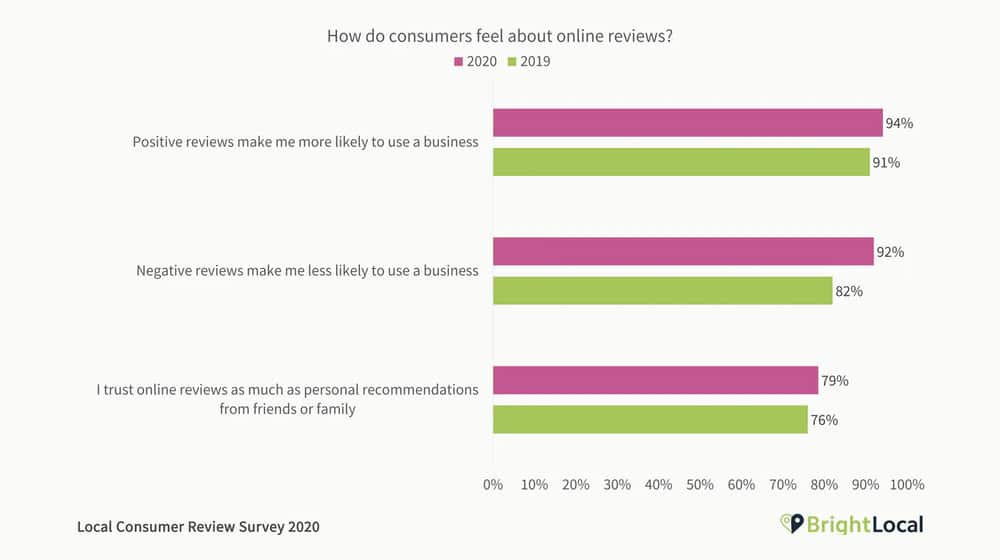
The trouble comes when you have a broad internet presence. You're all over the web, and consequently, people can leave reviews all over the web. You might have reviews on:
- Your website.
- Your Amazon product listings.
- Product pages on AliExpress/Alibaba
- Review sites like Yelp, TripAdvisor, or TrustPilot
- Google Maps or other Google services
- Etc.
You might have a ton of reviews, but they aren't all in one place, so they don't do nearly as much good.
A simple option is to copy and paste the reviews from other sites onto your site, but that can cause issues. First and foremost, you might run into duplicate or copied content penalties. You're taking content from other sites, and you may not have permission to use it.
What do you do?
Option 1: Import Reviews, Don't Care
The first option you have is to import your reviews from other sites around the web, and just not worry about it.
Google has put a lot of time and effort into adding nuance to its algorithm. They're pretty good at telling the difference between something that is a problem and something that is not.
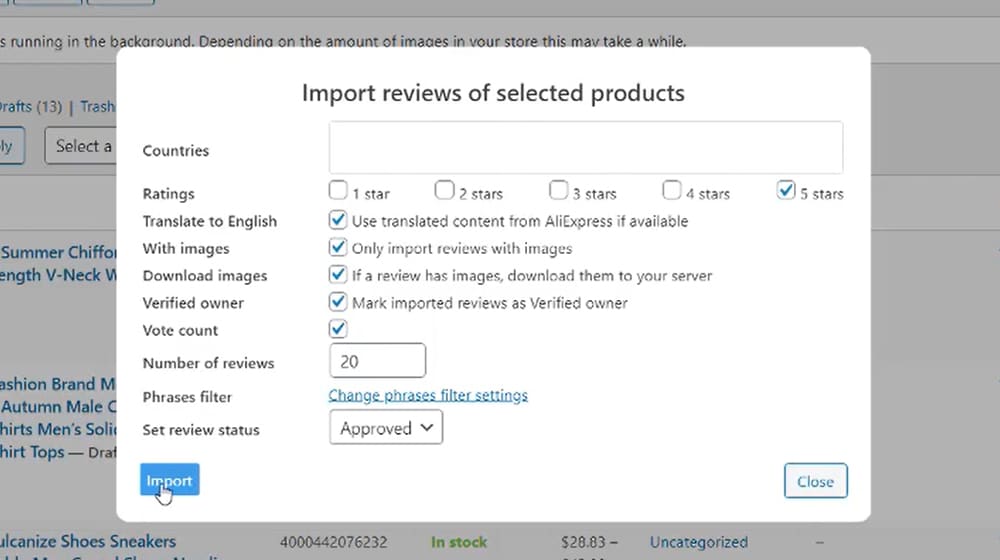
For example, they can tell the difference between syndicated content and duplicate content, even if you don't use rel=canonical tags properly. They can also tell the difference between legitimate content and spun content, most of the time.
So, if you take your reviews from a site like Amazon or Aliexpress, and paste them into your website, there's a good chance that Google won't care. There are a couple of reasons for this.
- It's a relatively minor part of the page. As long as most of your page is unique, a small chunk of duplicate content isn't going to kill your page. After all, we quote other sites all the time, and that's not hugely different.
- Google might not be able to tell whether or not the review was simply posted in more than one place. If the user decided to leave the same review on multiple sites, that's not going to penalize those sites, right? It's not their fault, and as long as it's not spam, it's fine.
- You're not stealing the content. It's a review of your product, and Google can draw the connection between your product listed on Amazon and the product that is listed on your site.
On the other hand, it's possible that Google simply doesn't care enough to enforce this. If their algorithm trips and decides that your copied reviews are considered "stolen content", and it penalizes you, well. There's not much recourse you have.
So it all comes down to one question: how much do you trust Google?
I would rather put a little extra effort into my site and guarantee that Google won't decide that it's a problem. That's better (to me) than getting a penalty out of the blue, especially when you might not immediately realize what caused it.
If you want to trust Google, I recommend doing some snapshots of your ranking, implement some rank tracking, and make sure you don't tank because of it. Keep in mind that Google might not detect the new content or implement a penalty for weeks (or even months), so you'll want to keep an eye on it for a while, just to make sure.
It might be fine - or it might not be. There's no real way to tell unless you give it a try. Frankly, I'm not going to do it myself, but if you have, let me know how it worked out for you.
Option 2: Import Reviews, Deindex Them
The second option is to simply hide your imported reviews from Google.
It's pretty easy to hide a chunk of a page from Google, or a page as a whole if you have a dedicated reviews page. A whole page can be hidden using .htaccess directives or a line in your robots.txt file. It can also be hidden with a meta "no-index" tag.
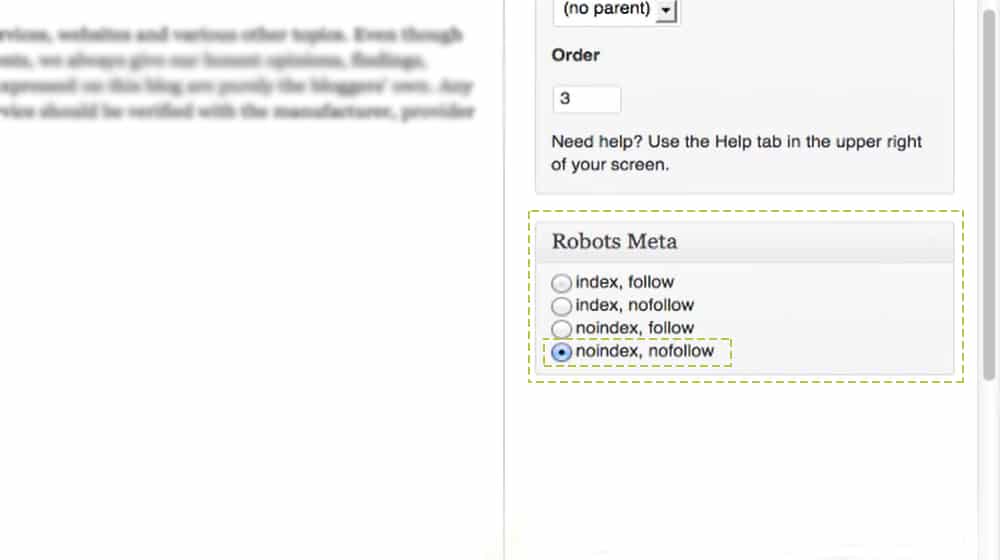
To be clear, Google can still see the page, and if you're trying to do some shady things on it, they might penalize you for it anyway. The vast majority of the time, though, they'll respect the no-index tag and will simply ignore the page. You could also try blocking the page in your robots.txt and removing it from your sitemap, but if those pages are linked from other areas of your site, you may just end up confusing search engines.
Here's a great guide from SmartPassiveIncome about hiding a page from Google in various ways.
If you want to hide just a small element of your page from Google, you have to do it a little differently. Let's think of a product page, for example. You have a product page, and you probably want that page to be indexed. It has all of the details of your product, the product descriptions and specifications, and all your product imagery. Unfortunately, it also has a reviews app.
Unique reviews on their own are fine. But, you imported dozens or even hundreds of reviews from other sites like Amazon, and you want to make sure that the whole thing is hidden so you don't get caught and penalized for duplicate content. So, you add some code to it, like this:
<!--googleoff: index-->
Reviews app here
<!--googleon: index-->
This, supposedly, tells Google to not index part of a page, but to index everything above and below it.
"Googleon" and "Googleoff" are terms that were used with the old Google Search Appliance, which is like a stand-alone Google indexing machine you can use on a corporate network or intranet to build a knowledge base. Unfortunately, a lot of people think that the Google Search Appliance is a real thing Google uses. It's not.
John Mueller talked about this last year on Twitter, documented by SEO Roundtable. He says there's no real way to block specific elements of a page from being indexed, outside of a few hacky ways.
It has no effect in websearch. There's no mechanism to block indexing of a part of a page (other than hacky workarounds). You can use data-nosnippet to block a part of a snippet though.
— 🍌 John 🍌 (@JohnMu) March 3, 2020
What are hacky ways?
- Use obfuscated javascript to generate the content, in a way that Google won't execute the script.
- Put the reviews in an image rather than text, forcing Google to use OCR to read it, which they probably won't.
- Cloak the content in some way, such as putting it in an iframe.
These can work, but they're generally not recommended. More importantly, some of these methods are commonly used by spammers, malware, and other malicious actors, and that could get your site penalized just as it would if you had stolen content on it. Google can render JavaScript, they can read text on images, and they can generally see anything that your visitors are seeing.
Plus, Google has humans working for them. If there's a sketchy site and the Google scraper can't render it, they may have an employee perform a spot check. Heck, they even have a large army of freelancers doing this as a job.
So, this isn't exactly a realistic option. Going out of your way to hide things from search engines and show them to visitors makes search engines nervous. They want to trust your content, but if they can't see all of it, they might be directing visitors to a hacked site or to a page that isn't relevant to their query.
What else is there?
Option 3: Create a Dedicated Imported Reviews Section
Another option, if you've already decided that you're going to import reviews, is to isolate them to a dedicated review page. Create a new page for your "reviews from around the web" where you aggregate your reviews. You can poach reviews from other sites, but more importantly, you can both link to the original review and keep it in text rather than an image or another kind of cloaking. You may even decide to no-index this page and block it in your robots.txt file.
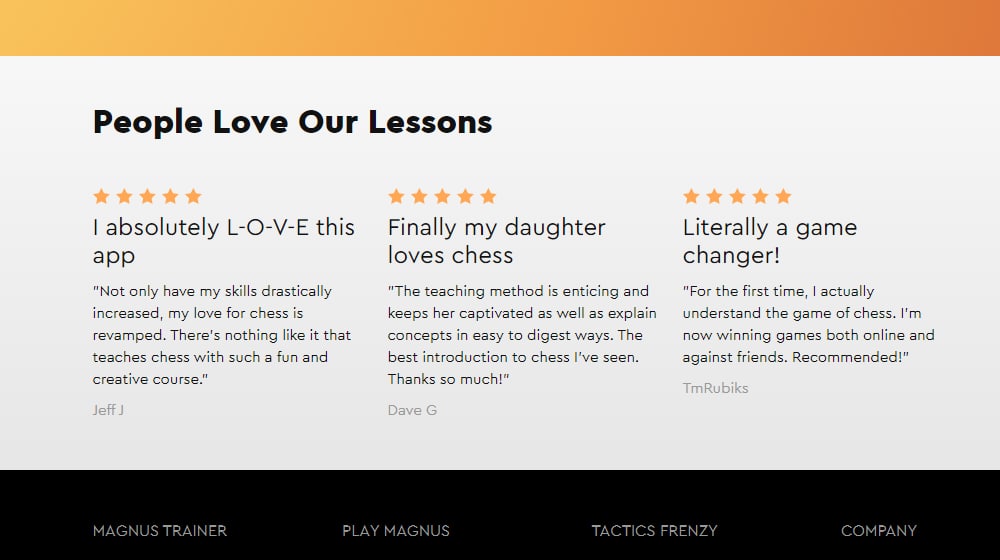
The primary benefit to this is to users. Users who want to check reviews for your product or service can check your page, though they'll see that you've cherry-picked the best reviews to showcase on your site. We all do it, after all, and everyone knows it.
This is an easier option for no-indexing reviews, but it does have a couple of drawbacks.
- It doesn't let you integrate reviews for specific products on those product pages. If you sell ten varieties of a shoe, you can't put the reviews for each shoe on that shoe's product page; it all has to be aggregated on one page.
- It doesn't give you any SEO benefit. The content in those reviews doesn't help you, because it's noindexed. It might help you if it was visible, but then you run into the potential duplication issues.
- It puts the reviews a step away from the user journey. Users have to intentionally go to that reviews page, and they might not want to. They're kind of hidden in a corner where they don't necessarily do you any good.
All that aside, it's still an option, if you want to try it.
Option 4: Let Reviews Stay Where They Are
Why not just let the reviews stay where they are? You don't need to aggregate all of your reviews in one spot, do you?
Yes, reviews are good. The more positive reviews you have, the better. However, it might not necessarily matter whether they're all on your website or product pages, or if they're scattered around the web.
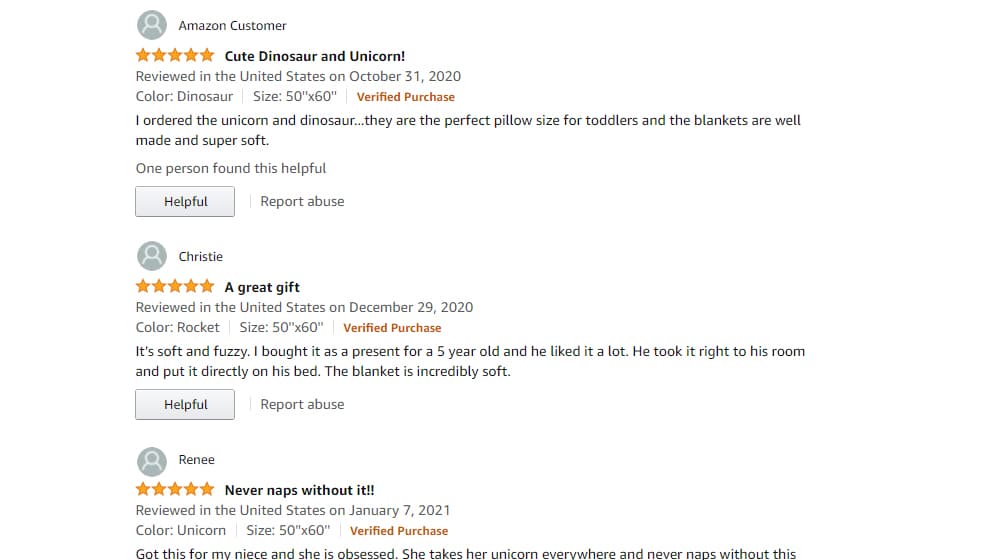
Different users will use the web in different ways. Some of them prefer getting their information from a site like TrustPilot. Some of them will check Amazon's reviews but won't trust anything published on your domain. After all, Amazon has internal review policies and review enforcement (however relaxed they may be), and your site can have anything that you want to be published on it.
Some users might be interested in buying your product but never actually check your website. They'll order it through a third-party service instead, like DoorDash, or through an Amazon order, or from an eBay listing. Maybe they prefer the convenience and speed, or maybe they just don't want to order from a website that they haven't ordered from before.
Why not just let the reviews stay? Generally, I can only think of a few reasons why you might want to aggregate your reviews.
- You don't have very many reviews and you want to make your products look more popular.
- You have mediocre or negative reviews on third-party sites, and want to make your products look better by importing just the positive reviews.
- You want a larger volume of content and this is an "easy" way to get it.
None of these are only solvable through review aggregation. You should, instead, simply solicit more reviews.
Option 5: Use the Blockquote Tag
If you want to be extra safe, you can use the blockquote tag and cite the sources of the review, like this:
&amp;lt;blockquote cite=&amp;quot;https://source.com/page&amp;quot;&amp;gt;Review text here&amp;lt;/blockquote&amp;gt;
This is being very honest with search engines; you're letting them know that this is quoted content from a different page, and you're citing the source so they know where you grabbed that content from. Quotes are commonly used, and citing them properly will telegraph to search engines that you're not trying to pass this content off as your own. They are quotes from a different source with proper citations.
This is a fairly advanced option, as integrating it on eCommerce platforms requires some custom code. Out of every method I've mentioned, though, I like this one the best.
It's sound from an SEO standpoint, you can still style it in any way that you'd like, and you may even be able to create a custom implementation to make this process easier when new reviews are added to your product. If you can load it with JavaScript and use some AJAX pagination to minimize the total number of visible reviews on your page at any given time, even better.
Final Thoughts
There are quite a few ways you can do this, and your only limitation is time and customer volume. Time, because it's not always a great idea to send a "hey, can you review this product you ordered?" email out to people who bought your product over a year ago. Customer volume, because the maximum number of reviews you can get is the number of customers you have.
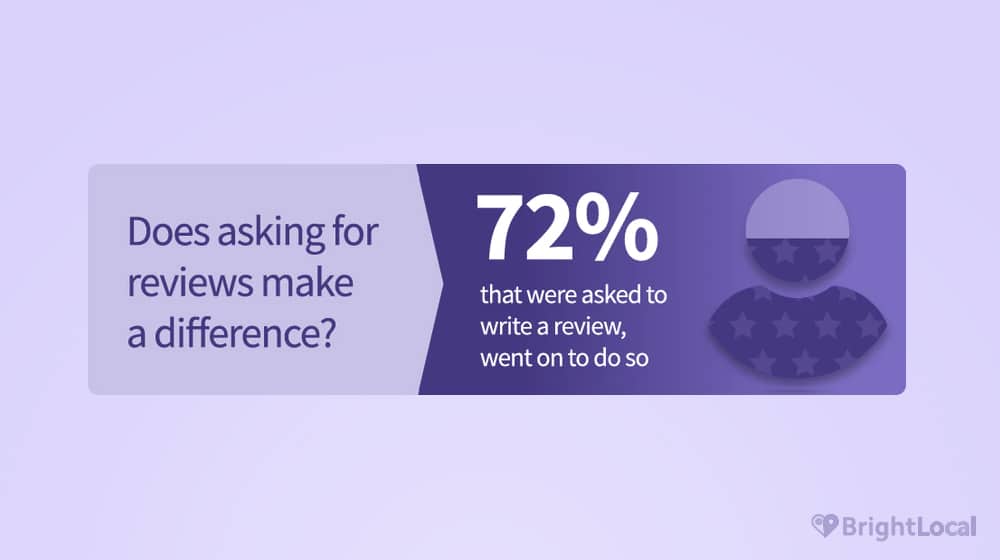
You could consider these options, for example:
- Offer an incentive for a review. This is against the terms of service of some marketplaces, but you could do it for your website, in theory. When you ship a product, include an option to leave a review to claim a coupon code or free month of service, or something of the sort. For businesses in the United States, this may not be acceptable - the FTC isn't a big fan of incentivized reviews.
- Monitor your social mentions, and when someone leaves a positive review about you on social media, reach out to them. Ask if you can use their review, or if they would like to leave a more elaborate one on your site.
- Provide a template for reviews. Some users will be more likely to leave a review if it's structured and they can just fill out a form, rather than being presented with a blank text box.
There are dozens of options available to you - various methods for soliciting reviews are well-documented.
Getting more reviews is almost always going to be a great idea, regardless of where your customers leave those reviews. It's just whether or not you aggregate them, and how, that you need to decide.
What is your favorite way of importing reviews? How did you handle them, and have you accounted for the possibility of them being treated as duplicate content? Are your pages performing well in search engines? I'd love to hear about your experience! Please share with us in the comments below. Many different webmasters are going through the same process you are, so it would be valuable to get a conversation started.






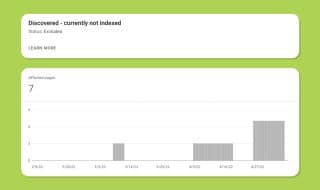



May 10, 2022
Neat guide!
May 13, 2022
Thanks Tiffany, I hoep it was useful to you!
April 09, 2024
I completely agree. I'm just trying to figure out how to best send requests and the timing of it all
April 15, 2024
Hey Maya!
It's well worth the effort; I think waiting a bit after they've received the product is the best time to send them, perhaps 2-3 weeks.
This gives the user time to play with the product but also can help weed out any returns, as you can filter out the people who returned their products within those two weeks. They can still leave a review, but you probably don't want to ask for reviews from people who returned the item; just people who kept it.